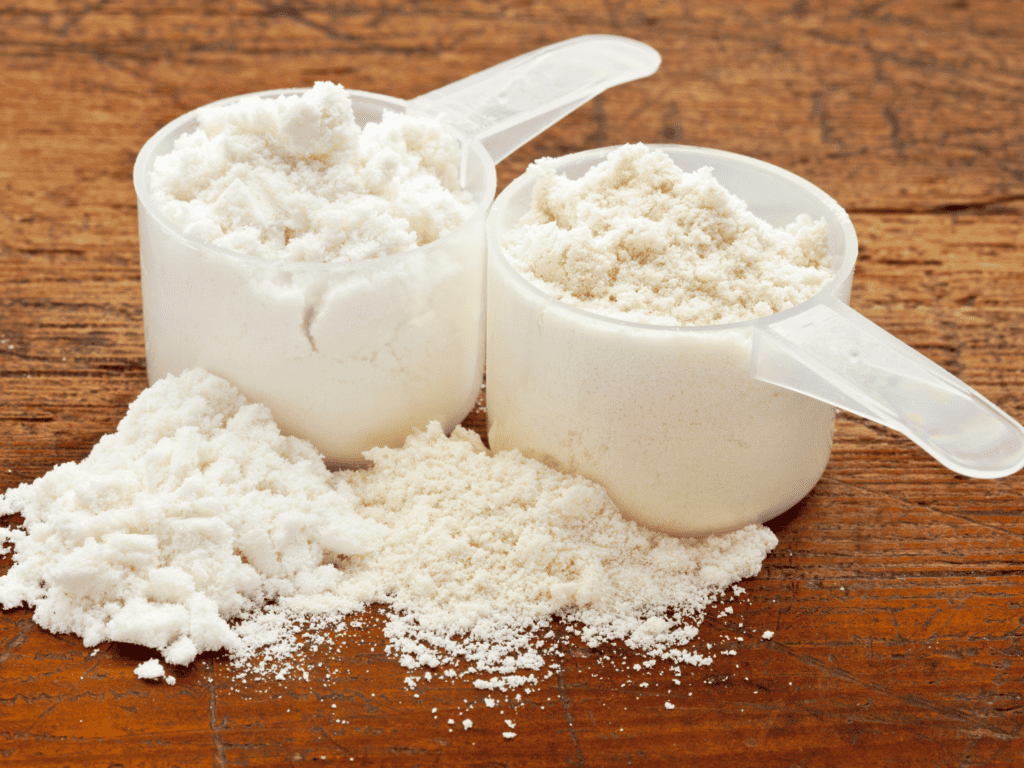How Protein Intake Impacts Healthy Aging
- June 28, 2023

As seniors age, maintaining optimal health becomes increasingly important. While many aspects of healthy aging are emphasized, the significance of protein intake is often overlooked. Protein, the fundamental building block of life, plays a vital role in supporting overall well-being. In this article, we will explore the compelling reasons why seniors should prioritize consuming ample amounts of protein as they age, unlocking a wealth of health benefits.
- Boosting Muscle Strength and Function: Preserving muscle strength and function is essential for seniors to maintain an active and independent lifestyle. Protein, packed with essential amino acids, provides the necessary nutrients for muscle repair and growth. A study published in the Journal of the American Geriatrics Society highlighted that older adults with higher protein intake exhibited improved muscle mass and strength, thereby reducing the risk of falls and enhancing mobility (Beasley et al., 2016).
- Safeguarding Bone Health: Aging often leads to a decline in bone density, making seniors more susceptible to fractures and osteoporosis. Protein intake plays a crucial role in safeguarding bone health. Research published in the American Journal of Clinical Nutrition suggests that higher protein consumption positively impacts bone mineral density, thus reducing the risk of fractures in older individuals (Dardevet et al., 2019).
- Enhancing Nutrient Absorption and Immune Function: As we age, our bodies may experience decreased efficiency in absorbing essential nutrients. Protein can aid in enhancing nutrient absorption while supporting immune function. A study in the Journal of the American Geriatrics Society found that sufficient protein intake improves immune response and reduces the risk of infections in older adults (Bauer et al., 2013).
- Supporting Weight Management: Maintaining a healthy weight is crucial for seniors to prevent various health conditions. Protein-rich foods can aid in weight management by promoting satiety and preserving lean muscle mass. A systematic review published in the Nutrition Reviews journal concluded that higher protein diets contribute to weight loss and weight maintenance in older adults (Layman et al., 2015).
Ensuring adequate protein intake is pivotal for seniors to support muscle strength, bone health, nutrient absorption, immune function, and weight management. By incorporating protein-rich foods such as lean meats, fish, eggs, dairy products, legumes, and nuts into their daily meals, seniors can enhance their overall well-being and enjoy a healthier, more active lifestyle.
For more information on MAC’s nutrition services, please click here to visit our Meals on Wheels webpage.
References:
- Beasley, J. M., et al. (2016). Higher protein intake is associated with higher lean mass and quadriceps muscle strength in adult men and women. Journal of the American Geriatrics Society, 64(6), 1183-1188.
- Dardevet, D., et al. (2019). Protein intake and bone health in older people: Reconsidering an old paradigm. The American Journal of Clinical Nutrition, 111(2), 372-373.
- Bauer, J., et al. (2013). Evidence-based recommendations for optimal dietary protein intake in older people: A position paper from the PROT-AGE Study Group. Journal of the American Medical Directors Association, 14(8), 542-559.
- Layman, D. K., et al. (2015). Defining meal requirements for protein to optimize metabolic roles of amino acids. Nutrition Reviews, 73(10), 585-596.
